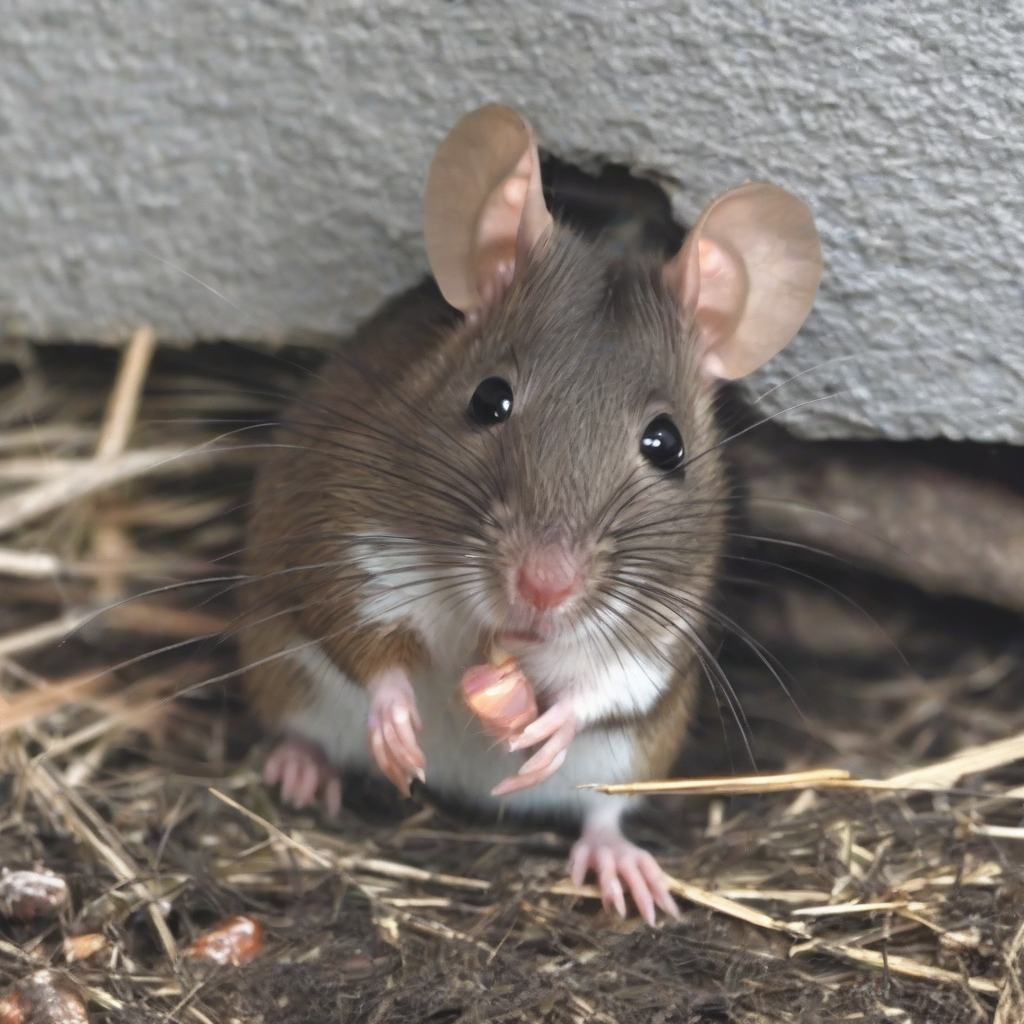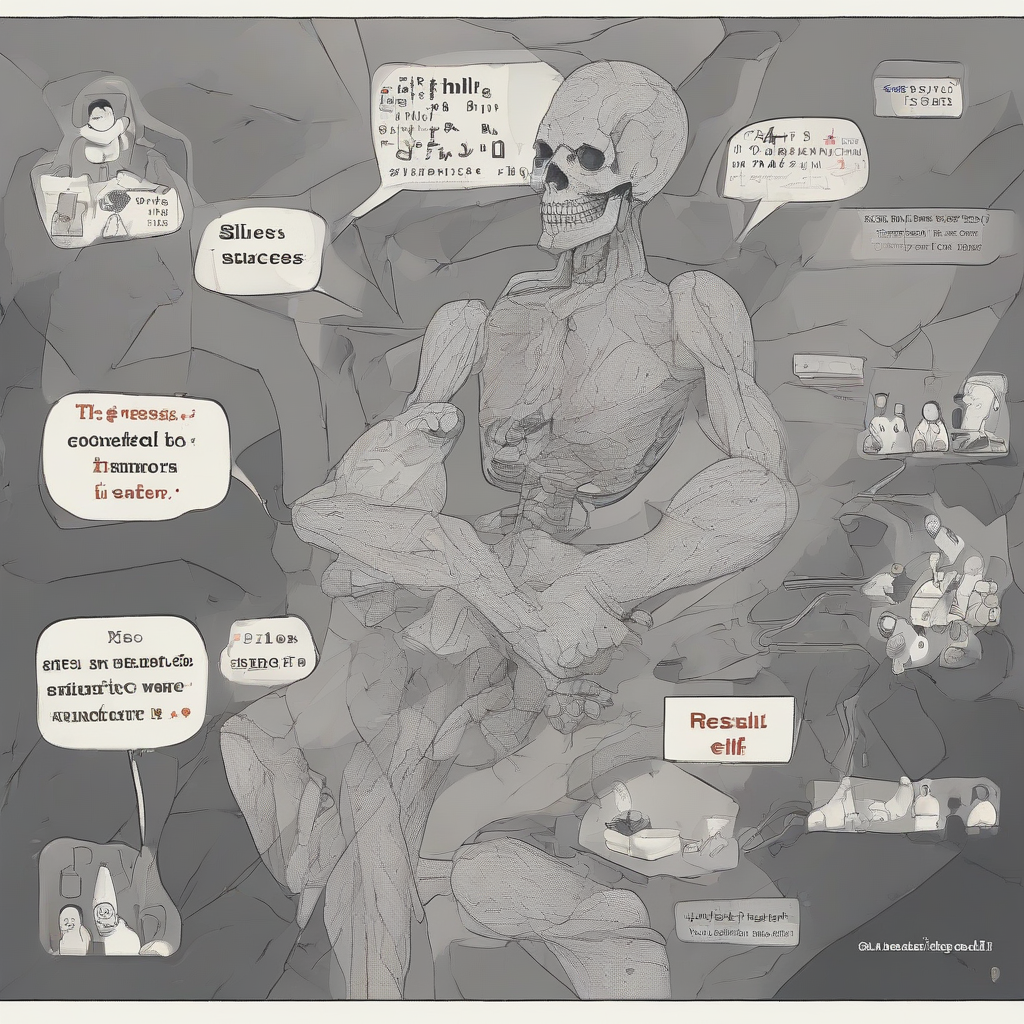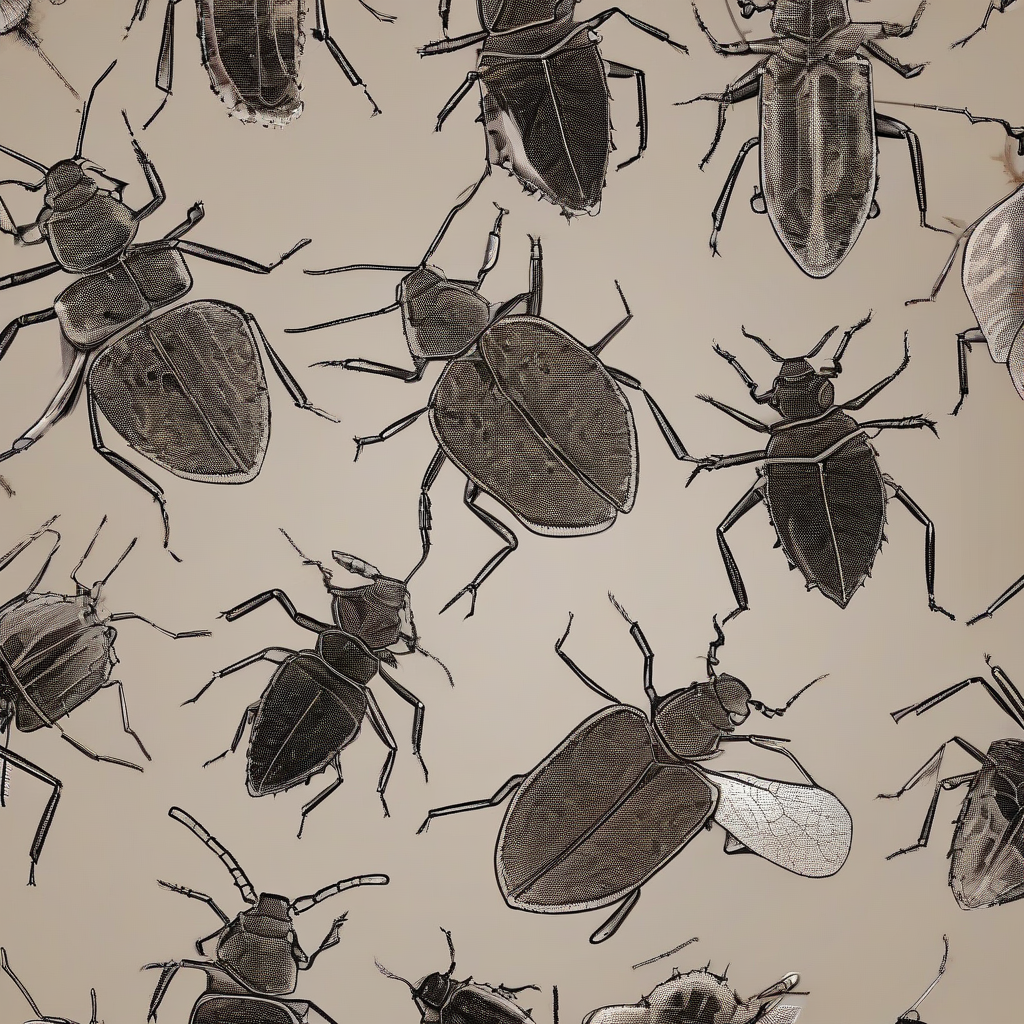Conquering the Critter Chaos: Your Ultimate Guide to Rodent Control in Portland
Portland, with its lush greenery and diverse neighborhoods, unfortunately also provides an ideal habitat for rodents. From the bustling city center to the quieter suburban areas, dealing with rodent infestations is a common concern for residents and businesses alike. This comprehensive guide will equip you with the knowledge and strategies to effectively manage and eliminate rodent problems in the Rose City.
Understanding the Rodent Threat in Portland
Portland’s climate and plentiful food sources contribute to a thriving rodent population. Common culprits include rats (Norway rats, roof rats, and house mice) and mice. Each species exhibits different behaviors and preferences, influencing the most effective control methods.
- Norway Rats: These robust rodents prefer ground-level habitats, often burrowing near foundations, sewers, and piles of debris. They can cause significant structural damage.
- Roof Rats: More agile climbers, roof rats tend to inhabit attics, upper floors, and trees. Their droppings and gnawing can contaminate food and property.
- House Mice: Smaller and more elusive than rats, house mice infest homes and businesses seeking food and shelter. Their quick reproduction rate can lead to rapid infestations.
Identifying the specific rodent species is crucial for targeted control. Look for droppings, tracks, gnaw marks, and nesting materials to determine the type of rodent you’re dealing with.
Prevention: The First Line of Defense
Proactive prevention is the most effective and cost-efficient approach to rodent control. By eliminating attractants and creating an inhospitable environment, you can significantly reduce the likelihood of an infestation.
- Seal Entry Points: Inspect your property for cracks, gaps, and holes in walls, foundations, and roofs. Seal any openings larger than a quarter-inch with steel wool, caulk, or cement.
- Sanitation is Key: Rodents are attracted to food and water sources. Regularly clean up spills, crumbs, and garbage. Store food in airtight containers and dispose of trash promptly.
- Landscape Management: Keep vegetation trimmed away from the building’s exterior. Remove woodpiles, rock piles, and other debris that can provide shelter for rodents.
- Proper Food Storage: Store pet food in sealed containers. Don’t leave pet food bowls unattended overnight.
- Water Management: Repair leaky pipes and faucets. Eliminate standing water to reduce rodent attraction.
Rodent Control Methods: A Multi-pronged Approach
While prevention is crucial, sometimes a rodent infestation necessitates more direct control methods. A combination of techniques often yields the best results.
Trapping: A Humane and Effective Option
Trapping can be a humane and effective way to control rodent populations, particularly for smaller infestations. Different trap types are available for various rodent sizes and behaviors.
- Snap Traps: Effective for mice and rats, but require careful placement and regular checking.
- Glue Traps: While effective, these traps can be inhumane and should be used cautiously. Consider the ethical implications before using glue traps.
- Live Traps: These traps capture rodents alive, allowing for relocation away from your property. However, relocation may not be a long-term solution, and it requires careful handling.
Proper trap placement is key to success. Place traps along walls, near food sources, and in areas where rodent activity is observed. Regularly check and bait traps.
Rodenticide Use: A Last Resort
Rodenticide use should be considered a last resort, and only after other methods have been tried and failed. Rodenticide poses risks to pets, children, and wildlife. Always follow label instructions carefully.
- Anticoagulants: These rodenticides prevent blood clotting, leading to internal bleeding and death. They often require multiple feedings for effectiveness.
- Single-Dose Rodenticides: These rodenticides cause immediate death. While effective, they pose a higher risk to non-target animals.
- Bait Station Placement: Use bait stations to prevent accidental ingestion by pets and children. Place bait stations in areas with high rodent activity, out of reach of non-target animals.
When using rodenticides, always read and follow the manufacturer’s instructions meticulously. Proper disposal of used bait stations is also critical.
Professional Rodent Control Services in Portland
For severe infestations or when DIY methods prove ineffective, consider contacting a professional pest control company. Professional exterminators possess the expertise, tools, and licensing to effectively and safely eliminate rodent problems.
- Expertise and Experience: Professionals have in-depth knowledge of rodent behavior and the most effective control strategies.
- Advanced Techniques: They utilize advanced techniques and equipment that may not be accessible to homeowners.
- Safety and Compliance: They adhere to safety regulations and use environmentally friendly methods whenever possible.
- Long-term Solutions: They often provide preventative measures to prevent future infestations.
When choosing a pest control company, research their reputation, licensing, and experience with rodent control. Obtain multiple quotes before making a decision. Ask about their methods, the types of products they use, and their guarantees.
Long-Term Rodent Control Strategies
Once a rodent infestation has been eradicated, implementing long-term strategies is essential to prevent future problems.
- Regular Inspections: Conduct regular inspections of your property to identify any new entry points or signs of rodent activity.
- Ongoing Sanitation: Maintain a clean and tidy environment by regularly cleaning up spills, crumbs, and garbage.
- Exterior Maintenance: Keep vegetation trimmed away from your building and remove any debris that could provide shelter.
- Pest Control Agreements: Consider a preventative pest control agreement with a professional company for ongoing monitoring and maintenance.
Legal Considerations and Regulations
Portland, like other cities, has regulations regarding rodent control. It is crucial to understand and comply with these regulations to avoid penalties.
- Proper Disposal of Rodenticides: Follow all instructions on product labels regarding proper disposal of rodenticides to prevent harm to humans and the environment.
- Compliance with Local Ordinances: Familiarize yourself with local ordinances regarding pest control and rodent management.
- Hiring Licensed Professionals: Ensure that any pest control professionals you hire are properly licensed and insured.
Understanding these regulations will help ensure responsible and effective rodent control practices.
Common Mistakes to Avoid
Many homeowners make mistakes that can hinder effective rodent control.
- Ignoring Early Signs: Ignoring early signs of rodent activity can lead to a larger infestation.
- Using Ineffective Methods: Using ineffective methods can waste time and resources without solving the problem.
- Improper Rodenticide Use: Improper use of rodenticides can pose risks to pets, children, and the environment.
- Failing to Address the Root Cause: Simply killing rodents without addressing the underlying causes, such as food and water sources, will likely lead to reinfestation.
Conclusion (Not included as per request)





